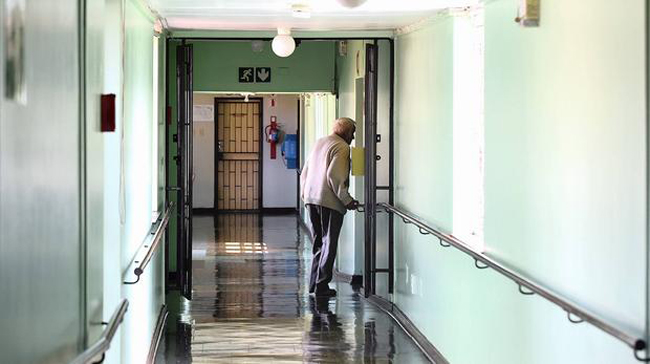The Centre for Human Rights, Faculty of Law, University of Pretoria, is gravely concerned by recent allegations of precarious living conditions in certain residential homes for older persons. Reports of alleged abuse of older persons in the Lodewyk Spies Home, located in Pretoria, places a spotlight on some of the human rights violations that older persons face in residential care. The old age home is accused of neglecting residents, controlling the residents’ social grants cards, and depriving the residents of nutritious food. Older persons, inside and outside of residential care, face discrimination which has an impact on their prospects for employment, their healthcare treatment and their ability to make decisions about their own lives. The Centre calls upon the Department of Social Development to conduct regular investigations of all older person residential care facilities, as mandated by section 22 of South Africa’s Older Persons Act 13 of 2006.
Under South African law, the rights of older persons in South Africa are specifically outlined and protected in the Older Persons Act. This Act ensures that older persons be treated with respect and dignity and that they be involved in decision-making processes about their well-being. It requires that old age homes provide basic care to residents, which includes requirements to ensure resident privacy and rehabilitation. The Act also requires investigation of the abuse of older persons.
Internationally, the plight of Older Persons has been receiving increasing attention. The African Union, of which South Africa is a member, in 2016 adopted a legally binding document, the Protocol to the African Charter on Human and Peoples’ Rights on the Rights of Older Persons in Africa, which is open to be formally accepted (ratified) by AU Member States. So far, no State has done so.
We call upon the government of South Africa to sign and ratify the Protocol to the African Charter on Human and Peoples’ Rights on the Rights of Older Persons in Africa. This Protocol mandates that residential care facilities for older persons provide a level of care that complies with international standards, and that older persons be given preferential treatment in service delivery. Significantly, the Protocol also requires governments to take action to eliminate stereotypes and combat discrimination against older persons.
By ratifying the Protocol on Older Persons, South Africa would join the international community in committing to protect the rights of older persons. Such an action would indeed serve as a strong repudiation of the mistreatment of residents in old age homes.
For more information, please contact:
Ms Patience Mungwari Mpani
Programme Manager, Women’s Rights Unit
Centre for Human Rights
Faculty of Law, University of Pretoria
Tel: +27 (0) 12 420 4525
patience.mpani@up.ac.za
www.chr.up.ac.za


